Navigating DCF Regulations Tips for Massachusetts Foster Parents

How Can Foster Parents Overcome Regulatory Hurdles While Supporting DCF Foster Children in Massachusetts Navigating the maze of regulations when supporting DCF foster children in Massachusetts can be a nightmare for foster parents. Isabel and Edward welcomed two foster kids into their home only to face constant hurdles from the Massachusetts Department of Children and […]
Unsupported Neglect Allegations against a Mother at a Fair Hearing – Case Study

Procedural History: A 51A report was filed against the Mother and screened in as a non-emergency response for “neglect”. The alleged neglect in this case was “the Child’s excessive school absences. Mother had failed to provide documentation of the Child’s illness or any medical excuse for absences. The Child had missed more than 40 days […]
Do as I say not as I Do, DCF Style
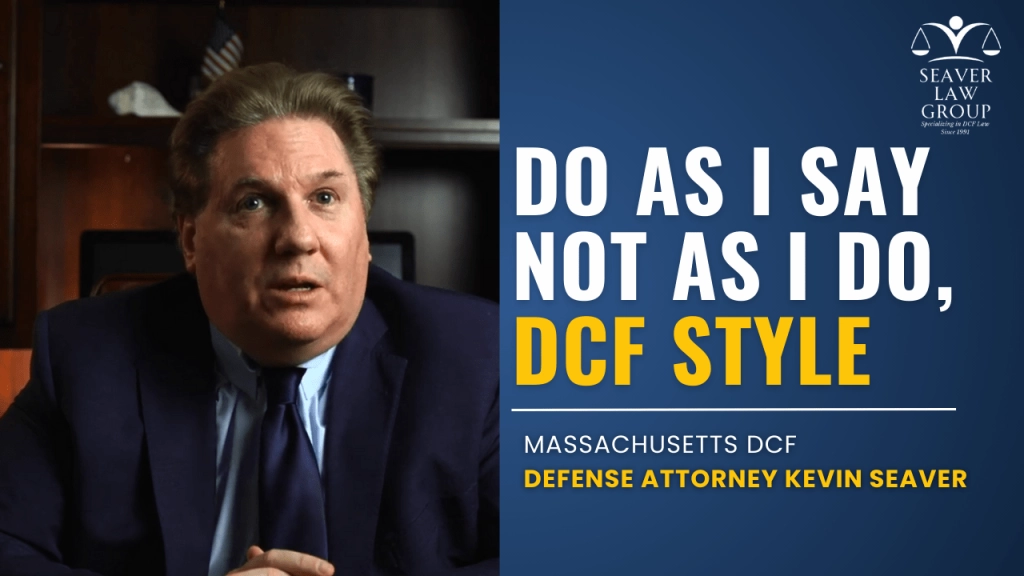
Hello, and thanks for joining me here today. I’m Kevin Seaver, an experienced and trusted lawyer since 1991.I’ve represented clients against DCF in Massachusetts, in court and out-of-court. I want to talk about DCF do as I say not as I do. A social worker went to a daycare center and picked up a child. […]
Steps to Address Child Harm Under DCF Care in Massachusetts
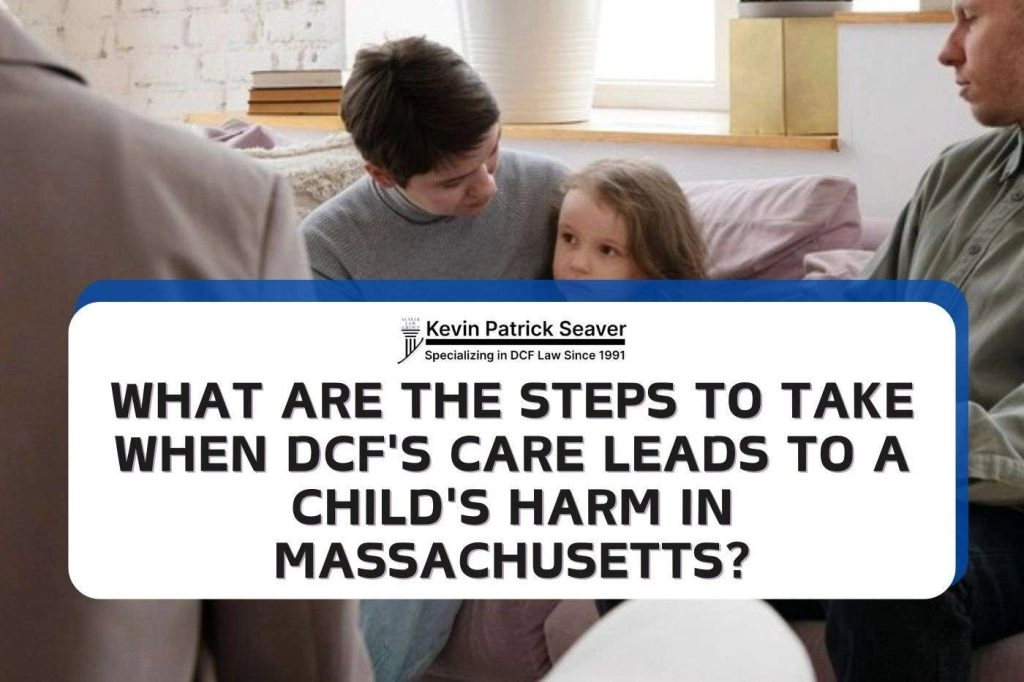
What are the Steps to Take When DCF’s Care Leads to a Child’s Harm in Massachusetts? When the Massachusetts Department of Children and Families (DCF) took Jane and Michael’s son, Alex, into custody following allegations of neglect, it was a profound shock. They believed they were providing everything Alex needed, albeit in economically challenging circumstances. […]
The Simpsons Fight DCF

The Simpsons and DCF: Lessons from Lisa’s Story Introduction: The Simpsons and Schoolyard Challenges Lisa’s Struggles at School Simpsons often show how Lisa faces teasing and challenges from her classmates, and similarly, during recess time, Lisa’s classmates bully her for also having lice.They take her shoes and throw them on a power line. A group of […]
Be Aware of DCF when you are Pregnant and Smoking Marijuana
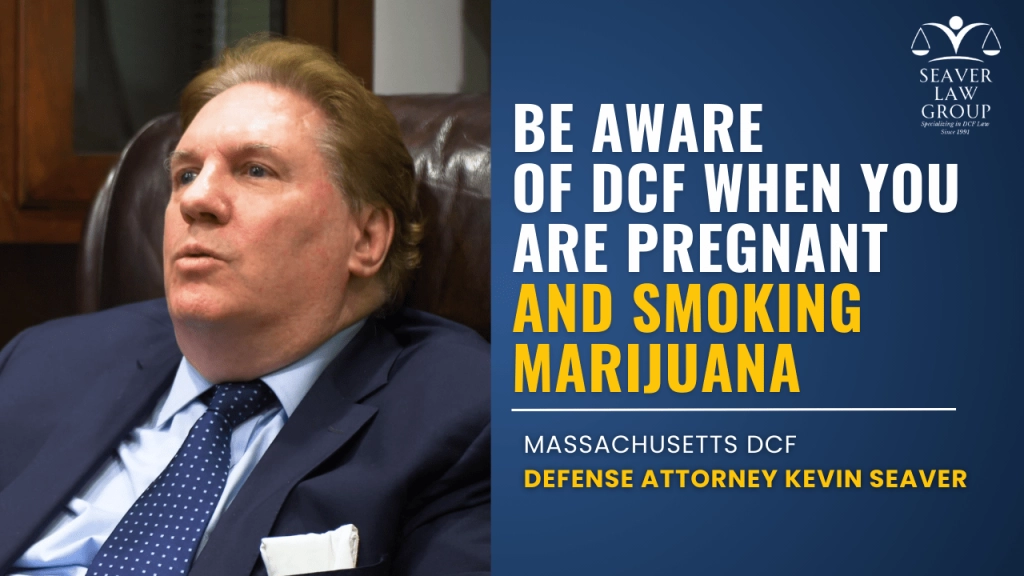
Hello, thanks for joining me today. My name is Kevin Seaver and I am an experienced trusted lawyer since 1991, successfully fighting and winning against the Department of Children and Families well commonly referred to as DCF throughout the entire state of Massachusetts turning negatives into positives whether you are in court or out of […]
Substance Abuse is a Leading Cause for DCF Involvement in Massachusetts
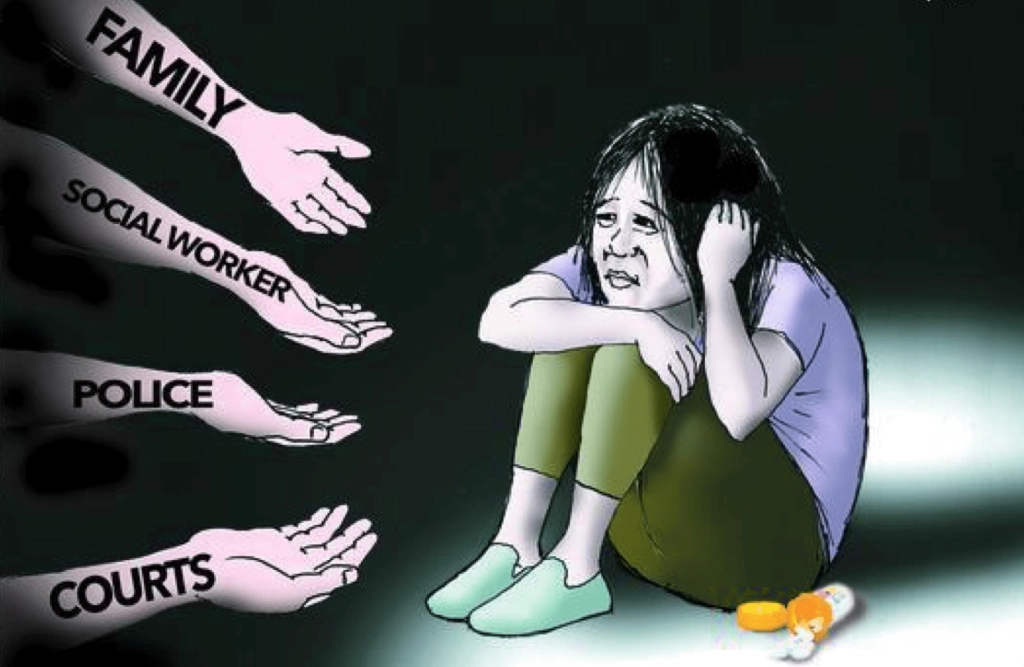
One of the biggest problems in Massachusetts is the rise of substance abuse. A major challenge associated with substance abuse users is the daunting number of child abuse and neglect cases that DCF sees every day. These two issues are positively correlated. As substance abuse rates rise across the state, so do the rates of child […]
Don’t risk being impaired by Marijuana, this could lead to DCF
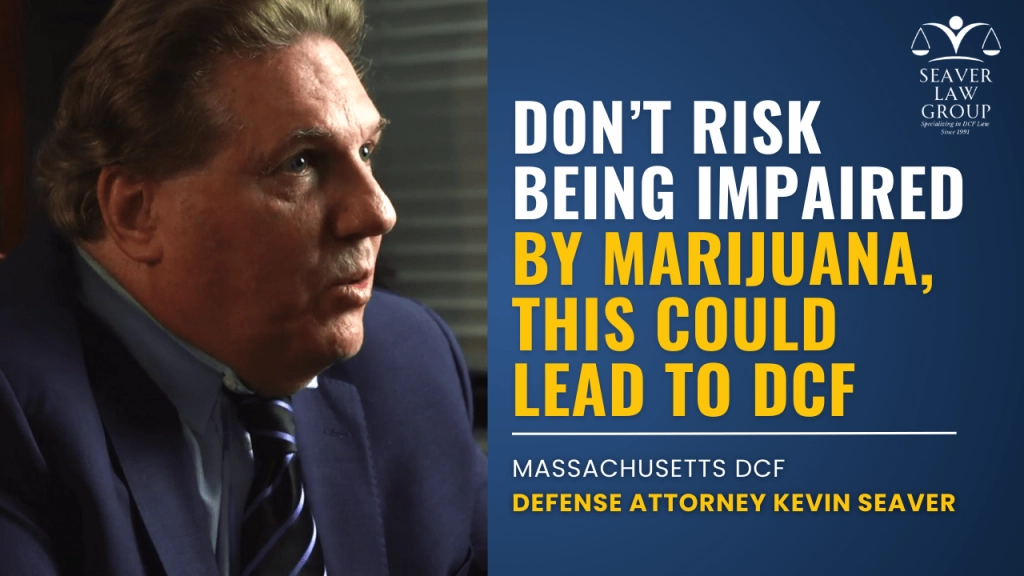
Marijuana and Its Impact on DCF Cases: What Every Parent Should Know Marijuana has become a significant topic of discussion in legal and family welfare circles, especially as laws around its use evolve. My name is Kevin Seaver, and since 1991, I have been a trusted Massachusetts lawyer specializing in defending parents against the Department […]
DCF Child Neglect due to Malnutrition

Understanding Malnutrition and Parents’ Rights Against DCF The Serious Issue of Malnutrition in Child Welfare Cases There have been cases of children being removed from their homes by DCF due to malnutrition. This has been caused by constant and chronic neglect from parents and other caretakers who have failed to feed their children properly. In such situations, understanding parents rights against dcf […]
Respect: Aretha Franklin and DCF – If You Want Respect, You Have to Give It

Respect is the foundation of every meaningful conversation. Hello, and thank you for joining me here today. I’m Kevin Seaver, a trusted lawyer since 1991 who consistently wins cases against Massachusetts DCF, both in and out of court. We turn challenges into opportunities by following a clear, step-by-step approach. Today, I want to share a […]
